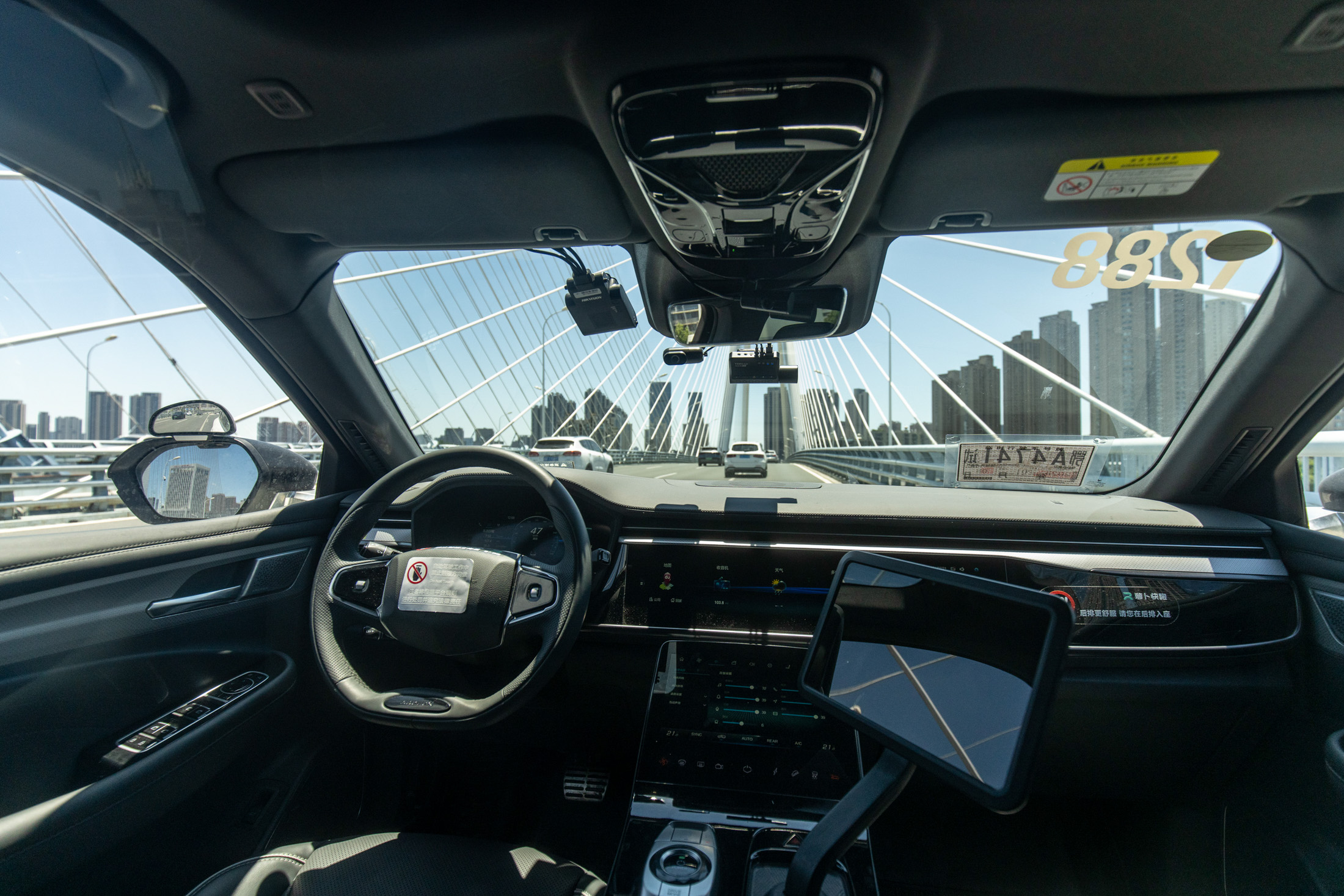
China’s aggressive push for robotaxi technology has sparked concerns over job security among drivers, while experts suggest the rise of autonomous vehicles is also creating new employment opportunities. Recent developments include China issuing 16,000 test licenses for autonomous vehicles and opening 32,000 kilometers of public test roads. Additionally, the government authorized nine domestic automakers, such as BYD and Nio, to test conditionally automated driving technologies on select public roads, with Tesla’s Elon Musk seeking regulatory approval for Full-Self Driving technology by year-end.
These initiatives have raised fears among Chinese social media users, who worry that autonomous driving could render drivers jobless. For example, Baidu’s self-driving ride-hailing platform, Apollo Go, operates around 400 robotaxis in Wuhan, aiming to expand to 1,000 by the year’s end. Although Baidu currently holds only about 1% of Wuhan’s ride-hailing market, its growing popularity has led taxi drivers to petition local authorities to restrict the service. A ride in a Baidu robotaxi is significantly cheaper, costing approximately 10.36 yuan ($1.46) for a 16-minute trip compared to 20 yuan for a conventional taxi.
Despite these concerns, industry experts believe the transition to autonomous driving will be gradual, reducing the immediate impact on driver jobs. Mohit Sharma, a research analyst at Counterpoint Research, noted that the shift would occur progressively, region by region, and that governments could work with robotaxi companies to retrain drivers for alternative roles. Sharma highlighted that education systems could prepare future generations for new job opportunities arising from autonomous mobility.
Apollo Go’s spokesperson echoed these sentiments, emphasizing the creation of new job roles within the autonomous vehicle ecosystem, such as system monitoring, testing, and data annotation. Wang Juan, an on-road testing operator for Apollo Go, shared her experience transitioning from a career in traditional automaking to a challenging role focused on optimizing autonomous vehicle performance.
According to Jeff Farrah, CEO of the Autonomous Vehicle Industry Association, the industry is creating various new, well-paying jobs in the United States, including positions for service technicians, remote assistance operators, and mapping specialists. Farrah also pointed out that autonomous vehicles could enhance employment opportunities for the disability community by improving accessibility.
While some job displacement is inevitable as autonomous driving technology advances, Sharma acknowledged that innovation would also lead to the creation of roles in cybersecurity, vehicle testing and validation, and software development. He added that the existing driver shortage could mean that autonomous vehicles would ultimately benefit taxi companies, even as they transform the industry landscape.
Featured Image courtesy of Bloomberg
Follow us to find out more on China’s future jobs in mobility.
